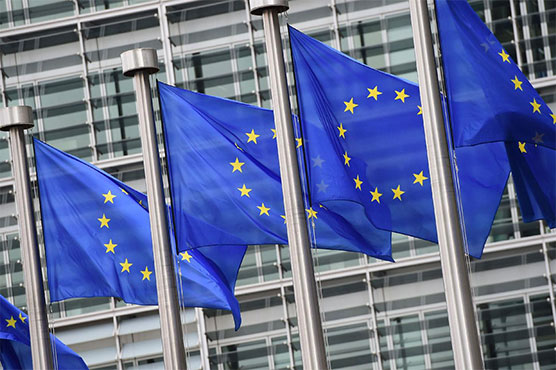EU vetoes plan to add Saudi Arabia to money-laundering list

Envoys from 28 EU member states rejected proposal by EU to add Saudi Arabia to money-laundering list
BRUSSELS (AFP) - Envoys from the 28 EU member states on Wednesday unanimously rejected a proposal by the European Commission to add Saudi Arabia and other nations to the bloc s money-laundering blacklist, European sources said.
The ill-fated plan, drawn up by the EU s executive arm, infuriated Saudi Arabia as well as the United States and exasperated European capitals.
The EU s 28 interior ministers will formalise the rejection at talks in Brussels on Thursday, a European source told AFP.
The EU governments "cannot support the current proposal," said a strongly worded draft statement that will be approved by the ministers.
EU diplomats have complained that the way the commission had drawn up the list was unclear and potentially vulnerable to legal challenges.
The list "was not established in a transparent and resilient process that actively incentivises affected countries to take decisive action while also respecting their right to be heard," the draft said.
The controversial list faced a diplomatic onslaught with Saudi Arabia s King Salman intervening personally to fight it, writing to European leaders to protest.
The letter, seen by AFP, called the move to list the Gulf monarchy "surprising and unexpected" and warned it would damage "trade and investment flows between the kingdom and the European Union".
The US ambassador to the European Union, Gordon Sondland, on Friday called the list "dogmatic posturing", furious that the US territories of Guam, Puerto Rico, American Samoa and the US Virgin Islands were included.
Under the commission proposal, the new countries -- which also included Panama -- would have joined 16 others seen as doing too little to stop the financing of terrorism and organised crime.
Those blacklisted already include the likes of Iran, Iraq, Pakistan, Ethiopia and North Korea.
Inclusion on the EU list does not trigger sanctions, but it does oblige European banks to apply tighter controls on transactions with customers and institutions in those countries.

